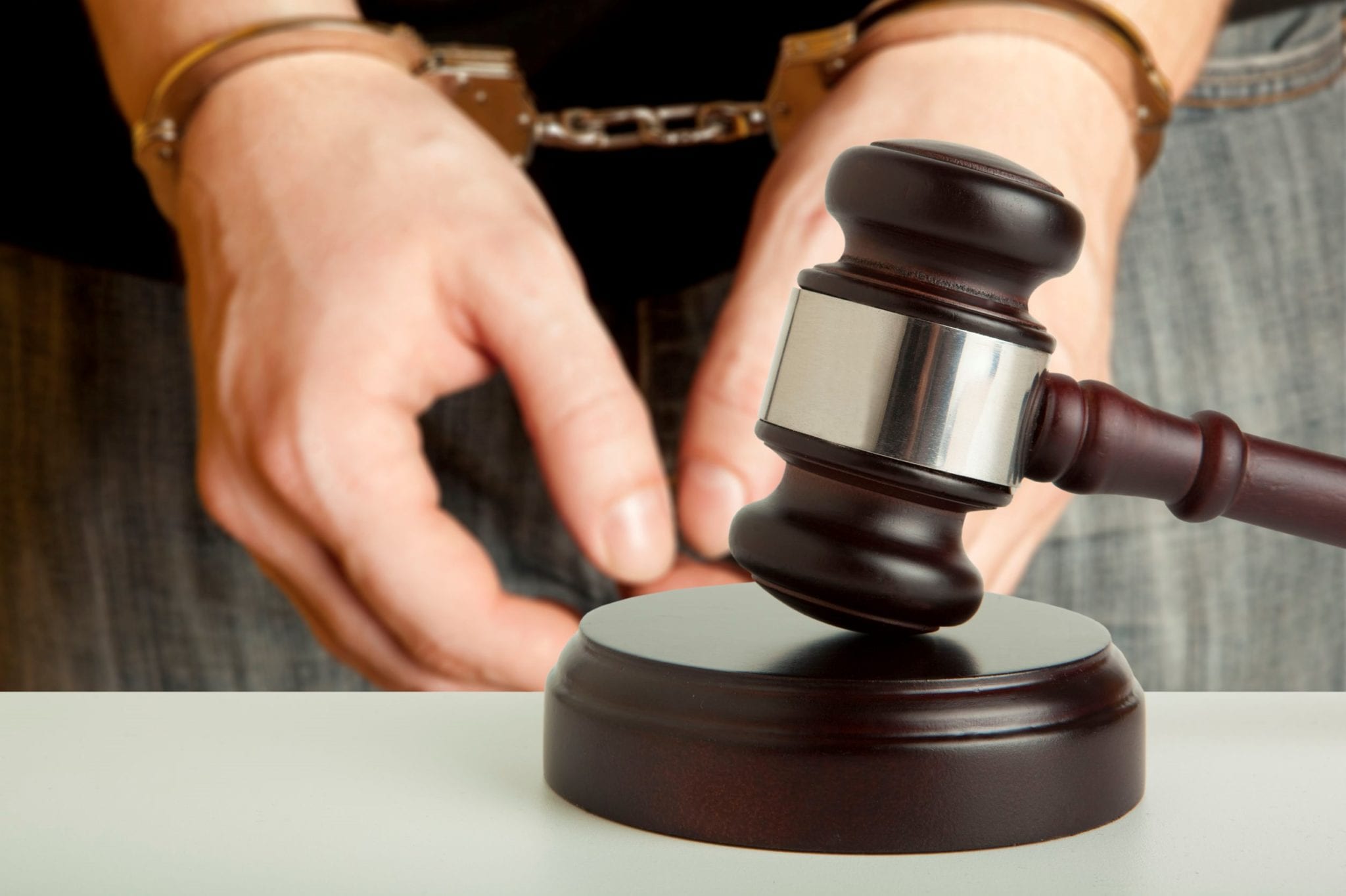Though typically preferable to serving jail time, going through probation is far from easy. With probation comes a set of strict rules that you must follow closely—or risk serious legal repercussions.
When a court grants you probation, you are provided with a list of rules that you must comply with. Break, ignore, or refuse one of the terms at any time, and you could be charged with probation violation.
Acts that may be considered probation violations may depend on the unique terms of your probation. We’ve listed seven of the most common ways you can violate probation below.
Missing a meeting with your probation officer. Under the terms of your probation, you may be required to meet regularly with your probation officer. Miss one of these appointments, and your probation officer may report you to court and you could be charged with violating your probation.
Missing a scheduled court date. The terms of your probation may require you to report to court after a specified period of time. If you do not show up to a scheduled court appearance, you may be charged with probation violation.
Failing to pay fines or restitution. Depending on the nature of the crime you were convicted of, you may be required to pay fines to the court or restitution to the alleged victims. If you do not pay these fines or restitutions, you could be charged with a second crime of violating your probation.
Failing to complete community service. Similarly, as a penalty for the crime you were originally convicted of, you may be required to complete a certain number of hours of community service. If you fail to do so, you could be charged with violating the terms of your probation.
Visiting certain people or places. The terms of your probation may include staying away from people or places associated with criminal activity. For instance, if your crime involved gang violence, you may be required to stay away from members of the gang.
Failing to obtain employment. Under probation, you may be required to obtain and maintain gainful employment, or enroll in school. If you cannot find or keep work, or if you drop out of school, you could be charged with violating your probationary terms.
Committing another crime. Most types of probation will require you to abide closely by North Carolina law. If you commit another criminal offense—even a seemingly minor one like a traffic infraction—this could constitute probation violation.
What to Do if You Are Charged with a Probation Violation
The consequences of violating your probation in North Carolina are severe, and may include a longer, stricter probation, or even a brief jail sentence. In some situations, a judge may decide to revoke your probation all together and require you to serve out your original sentence in jail or prison.
If you have been charged with a probation violation in North Carolina, you should contact a probation violation attorney immediately. Your attorney can help you understand your legal rights and options, and work with you to build a powerful defense to your probation violation charges. By gathering evidence and collecting witnesses to support your case, your attorney may be able to defend your freedom in court. With a talented attorney on your side, you may be able to convince the court to give you a second chance.
About the Author
Attorney Mike Schlosser represents victims of personal injury, those charged with a crime, as well as those facing traffic charges. A former Guilford County, North Carolina District Attorney, Schlosser has been in private practice at the Law Firm of Schlosser & Pritchett since 1983 and has been a member of the North Carolina State Bar since 1973.









